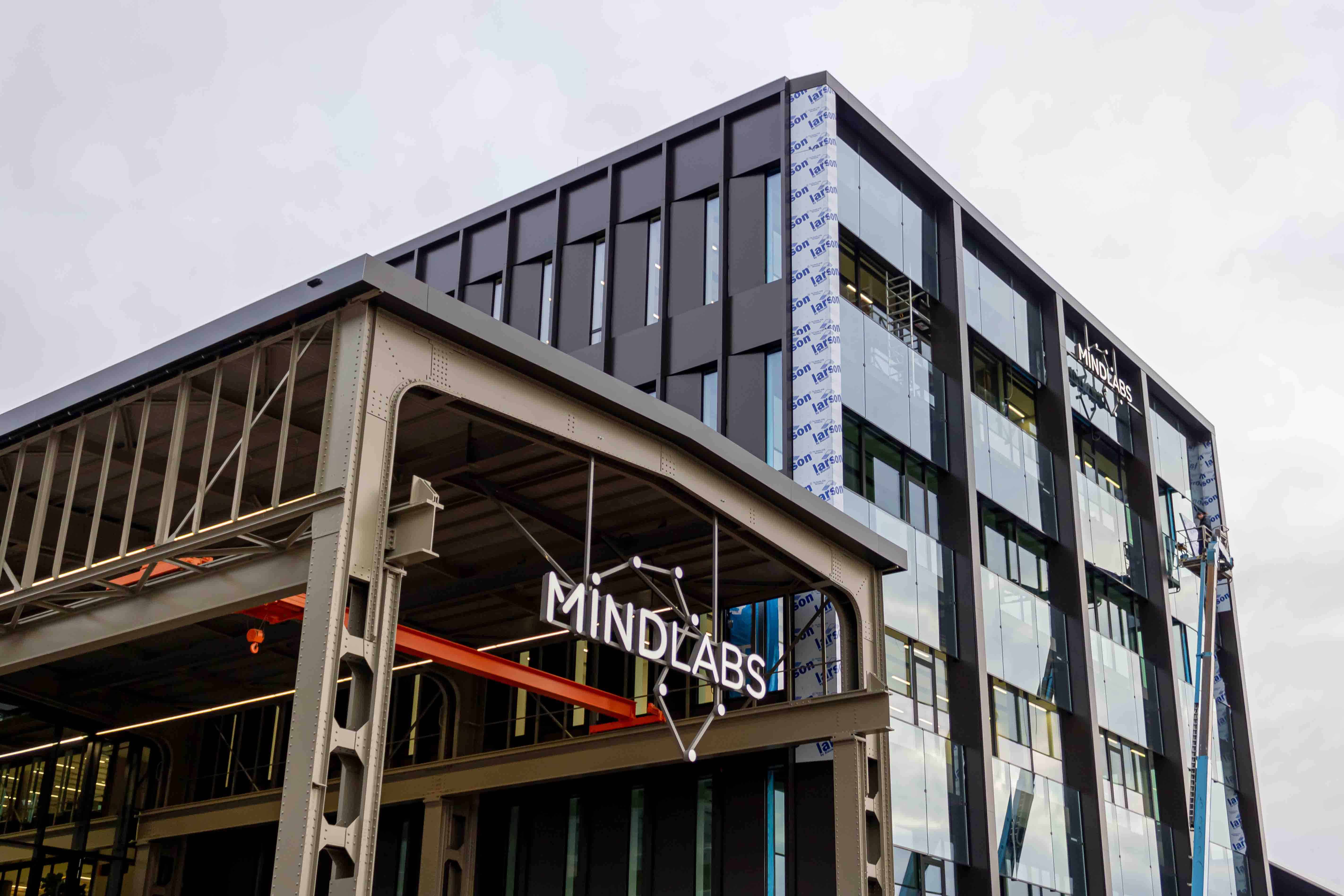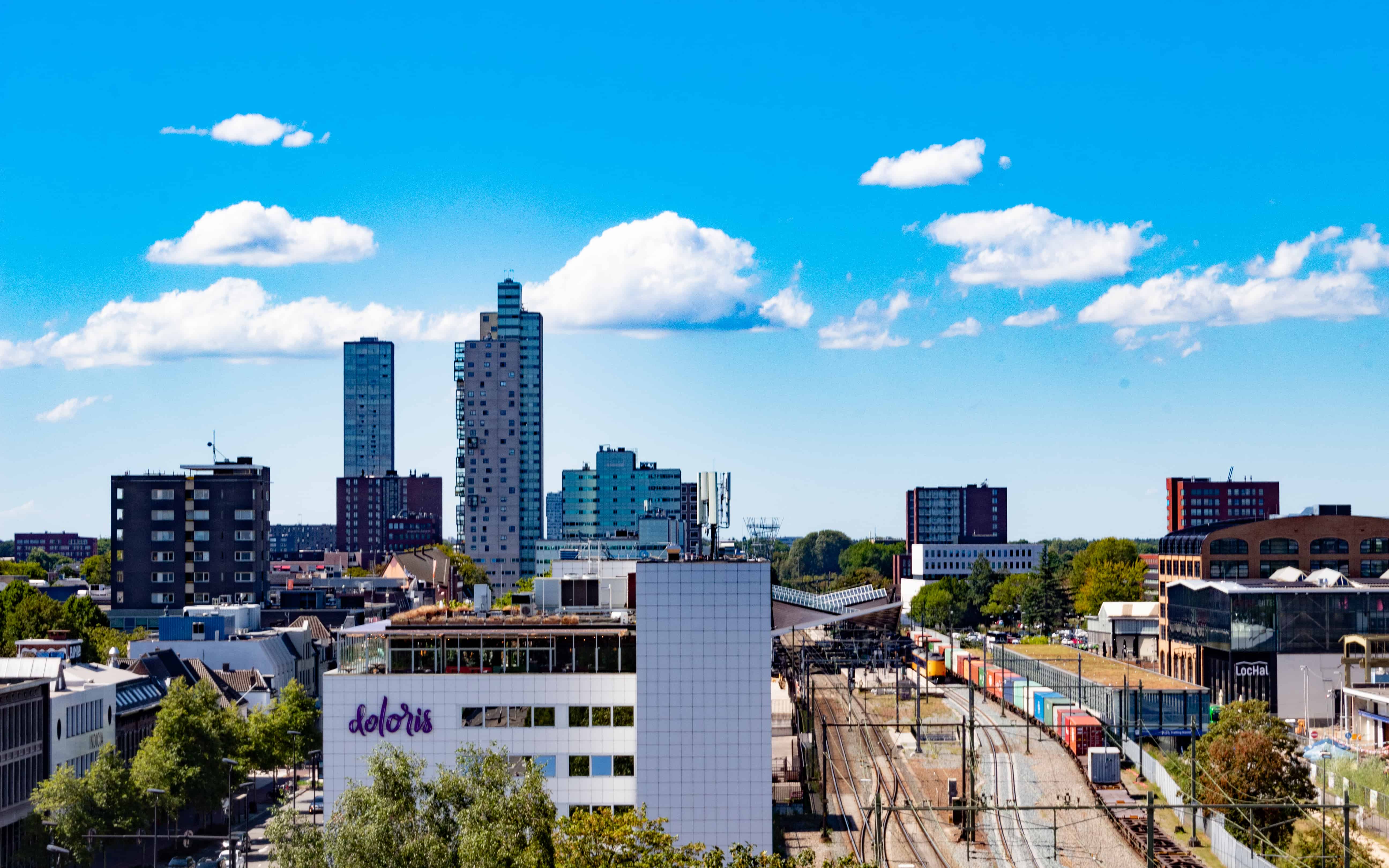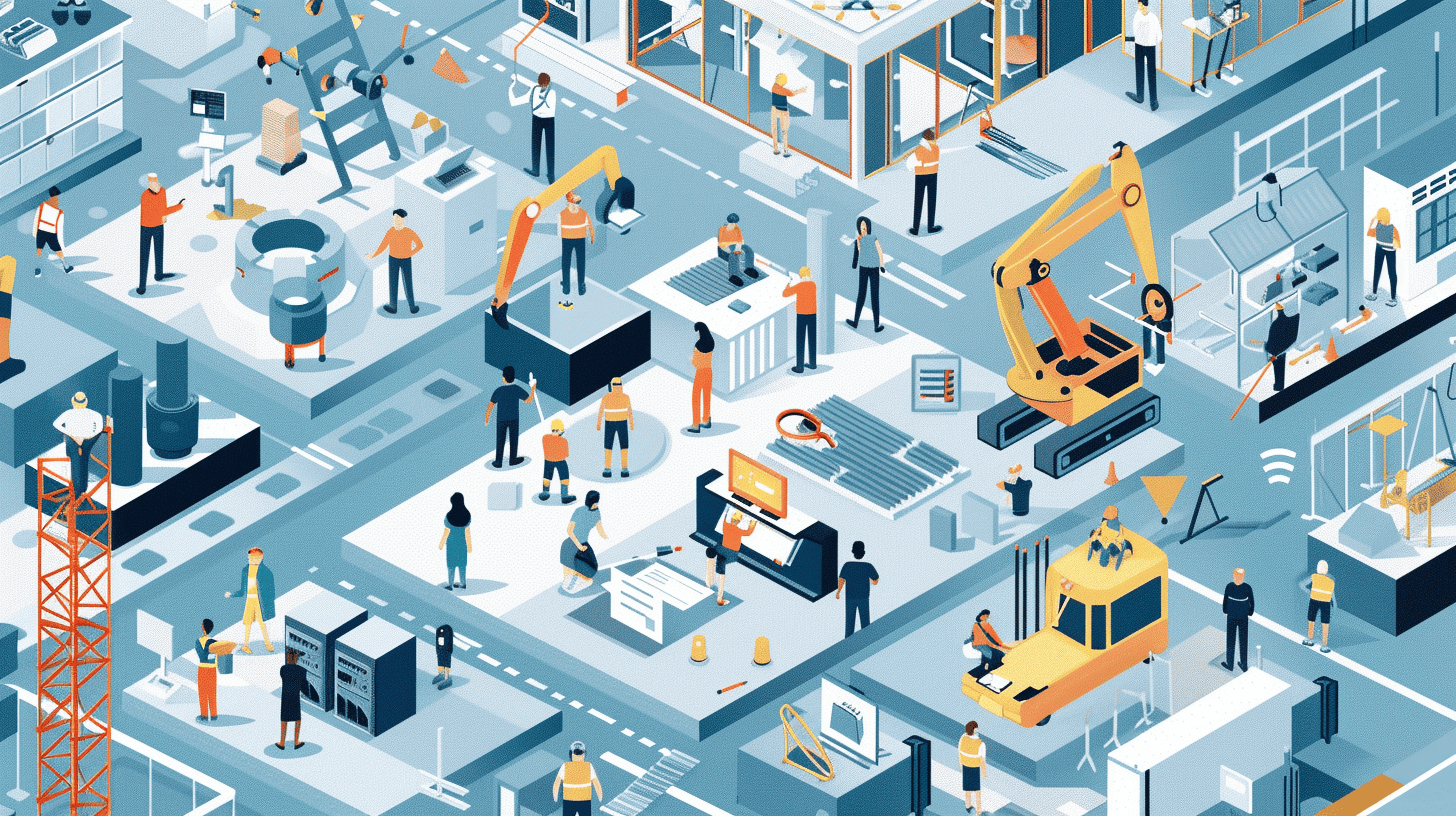
Anyone who hands in a few used plastic PET bottles at the collection machine in a supermarket might easily think that we in the Netherlands are doing well when it comes to recycling plastics. That falls short in practice, because a large proportion of these bottles cannot be reused yet. In the Northern Netherlands, knowledge institutes and companies from the plastics sector are working together on plastics in a project with the goal to become the circular plastics cluster of Europe.
Chemport Europe is the umbrella initiative in which the northern investment company, NOM, is also involved. “By conducting research and setting up concrete projects, we want to make a strong contribution in the Northern Netherlands towards making the plastic chain circular,” says Cor Kamminga, interim program manager employed by the Regiocampus Emmen, which is in charge of the goals surrounding circular plastics within Chemport. There is now a portfolio of 60 projects involving dozens of companies and all of the knowledge institutes.
‘Most of it is still simply burned’
Katja Loos is a professor attached to the Zernike Institute for Advanced Materials at the University of Groningen (RUG). For the Northern Netherlands initiative, she leads a research group that is focused on the reuse of plastics contained in PET bottles, among other things. “Ever since I was in kindergarten, we have known that plastic is bad for our planet. It might be illegal to bury plastic, but most of it is still simply burned. Energy may be generated, but it is obviously a waste of materials. Through this project, we are demonstrating that the recycling process can be done much more effectively. And I am convinced that this is possible.”
Fundamental research from within the RUG
Together with Ph.D. students and postdocs, Loos is figuring out how best to recycle PET bottles. “Take mechanical recycling, for instance. This involves breaking down the plastics, also known as polymers, into small pieces,” she explains. “The downside of this is that you can’t make a plastic bottle out of that afterwards. It is possible, however, to make another product out of it, such as a sweater. But textiles are a lower-grade product. One of the research questions we want to find an answer to is whether it is possible to mechanically recycle without having to cut the material up into pieces.”

Loos and her colleagues are also exploring the potential of chemical recycling: a relatively new form of recycling in which the chemical structure of plastic waste is altered and broken down into its original building blocks. “In this process, for example, we look at whether it is possible to use less energy during the treatment process.”
Concrete applications
Also participating in the consortium are companies that are already effectively applying the recycling of plastics in practice. Groningen-based BioBTX, for example, focuses on processing plastic waste that is no longer mechanically recyclable. The waste is subsequently transformed into chemical building blocks for various products. CuRe Technology from the Dutch province of Drenthe started the initiative to chemically recycle colored PET bottles. Partners of CuRe can then design their own products made from the recycled material. This creates a closed circular system for recycled plastic. Paques Biomaterials from the province of Friesland converts wastewater into biodegradable plastics.
Loos is also hoping that her research will eventually yield concrete results. “It would be great if we could find solutions for the recycling of PET in the short term, and for nylon over time as well.” In addition, she hopes that collaboration between knowledge institutions and companies will be strengthened through the Northern Netherlands cluster. “I wouldn’t say that our research can be tossed in the trash if applications are not sought. But working with the business community is absolutely indispensable. “
Kamminga concurs. “I’m glad that fundamental research is taking place, but definitely also thrilled that entrepreneurs are already working on scaling up. This is how we can already make a contribution at a national and European level even within the short term.”
Dropping the waste status
From a regulatory viewpoint, there is still some work to be done to spur on innovative initiatives by the companies in the cluster, Kamminga believes. “On paper, a lot of companies that focus on recycling plastics are now viewed as waste processors. Therefore, they are subject to very strict rules that they have to comply with. But in actual fact, the companies in the cluster are converting this waste into new raw materials. So, I think it’s time that the general rules and regulations are revised so that these companies are not faced with the same obstacles as regular waste processors. You create new opportunities this way.”
You can read other IO articles on Groningen via this link.







